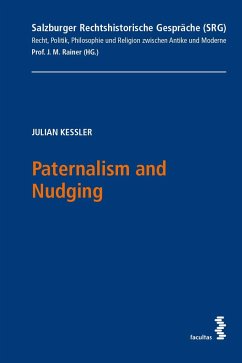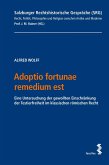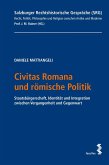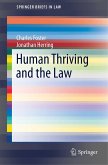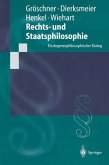Legal paternalism is the theory that the state may legitimately interfere with its citizens by obligations and bans in order to benefit them "for their own good". Typically, such measures infringe the citizens' autonomy, since the state imposes principles on them about what is good or bad. Alternatively, individualists argue that persons may well decide for themselves what endeavors are favorable or dangerous. In the present book, the theory of paternalism is applied to specific state policies: nudges. Nudges are influences of individuals' choices by making use of certain cognitive tendencies like biases, routines, or laziness, while at the same time preserving the person's freedom of choice. The pressing question emerges to what extent these liberty-preserving nudges can nevertheless infringe people's autonomy and thus be paternalistic. The analysis may have far-reaching consequences. Morally objectionable infringements of autonomy could be discovered, anti-individualist policies could be revealed, and effective legal protection could be endangered. While bringing together paternalism and nudging, such questions are raised in the present book.
Hinweis: Dieser Artikel kann nur an eine deutsche Lieferadresse ausgeliefert werden.
Hinweis: Dieser Artikel kann nur an eine deutsche Lieferadresse ausgeliefert werden.

